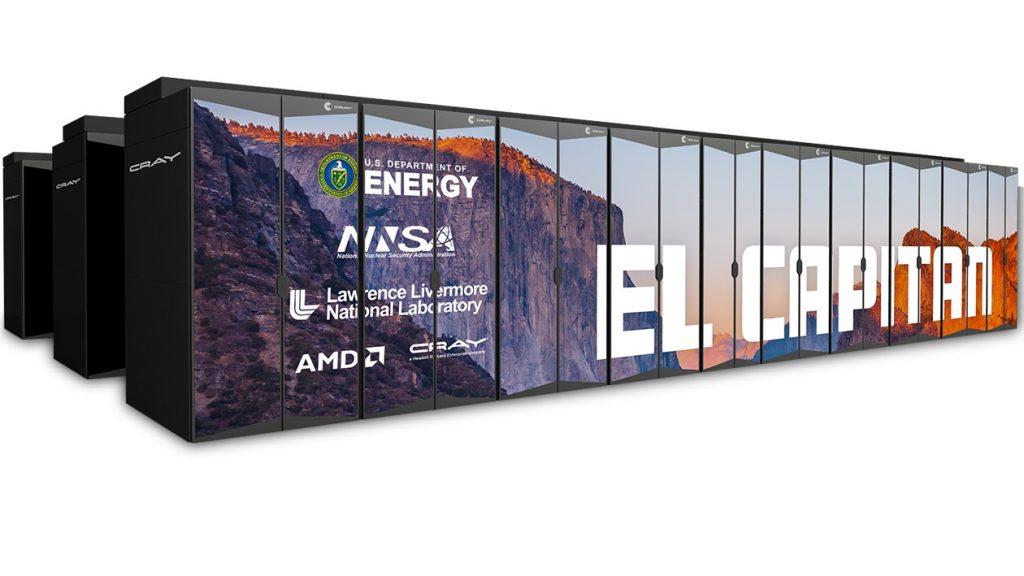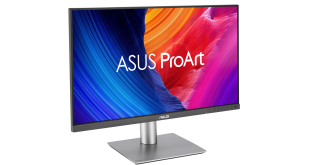AMD has announced that the world’s fastest supercomputer is set to be powered by the company’s next-generation EPYC processors and AMD Radeon Instinct GPUs to unleash power exceeding 200 of today’s fastest supercomputers combined.
The El Capitan system will be the second All AMD CPU and GPU exascale supercomputer in the U.S and will deliver more than 2 exaflops of double-precision performance. El Capitan is expected to be delivered in early 2023 and will support National Nuclear Security Administration requirements with its primary objective to ensure the safety and security of U.S nuclear stockpile.
The system will be equipped with AMD’s next-generation EPYC processors codenamed “Genoa” and feature the “Zen 4” processor core to support next-generation memory and I/O sub systems for AI and HPC workloads, along with AMD Radeon Instinct GPUs based on the new 3rd generation Radeon Infinity architecture and open-source AMD ROCm heterogeneous computing software.
“El Capitan will drive unprecedented advancements in HPC and AI, powered by the next-generation AMD EPYC CPUs and Radeon Instinct GPUs,” said Forrest Norrod, senior vice president and general manager, Datacenter and Embedded Systems Group, AMD. “AMD is enabling the NNSA Tri-Lab community—LLNL and the Los Alamos and Sandia national laboratories—to achieve their mission-critical objectives and contribute new AI advancements to the industry.”
The combination of “Genoa” based EPYC processors and 3rd generation Radeon Infinity Architecture GPUs will provide a high-bandwidth, low latency connection between the four Radeon Instinct GPUs and one AMD EPYC CPU included in each node of El Capitan, as well as unified memory across the CPU and GPU to ease programmer access to accelerated computing.
KitGuru says: This new and “unprecedented” compute performance builds on AMD's already strong foundation of high-performance computing portfolio. What do you guys think of this new performance level of next-generation EPYC processors combined with 3rd generation Radeon Infinity architecture?
 KitGuru KitGuru.net – Tech News | Hardware News | Hardware Reviews | IOS | Mobile | Gaming | Graphics Cards
KitGuru KitGuru.net – Tech News | Hardware News | Hardware Reviews | IOS | Mobile | Gaming | Graphics Cards



